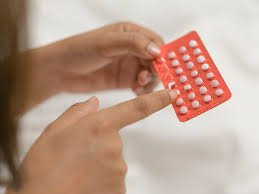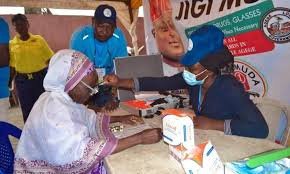
ABUJA, Nigeria – A new evidence brief from the United Nations’ Special Programme in Human Reproduction (HRP) and the World Health Organisation (WHO) shows that contraceptive use is far more than a health measure — it is central to women’s empowerment, cancer prevention and socioeconomic growth.
Based on six systematic reviews, the report finds that modern contraceptives significantly reduce maternal morbidity and mortality. Women who use contraception are 30% less likely to experience high-risk pregnancies, with data from Bangladesh and Brazil showing clear declines in maternal deaths linked to improved access.
The report also highlights the role of contraception in cancer protection. Oral contraceptive users face a 36% lower risk of ovarian cancer and a 44% lower risk of endometrial cancer, though a small increase in cervical cancer risk was noted. WHO recommends combining contraceptive use with HPV vaccination to maximise protection.
Hormonal contraceptives also improve menstrual health, reducing pain, abnormal bleeding and endometriosis. Mental health findings are mixed: women with pre-existing conditions benefit from reduced anxiety and depression, while some methods may slightly raise depression risk in women without prior issues.
Crucially, the report underscores contraception’s role in gender equality. Two reviews found that access enhances women’s decision-making, control over resources and workforce participation. Among adolescents, empowerment programmes tied to contraceptive access cut teenage pregnancy rates by more than half.
Dr Pascale Allotey of WHO said: “Contraceptive access is not merely a health intervention — it is a cornerstone of gender equality, economic development and public health.”



